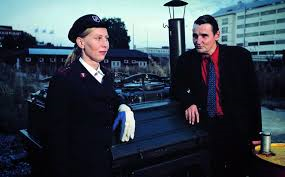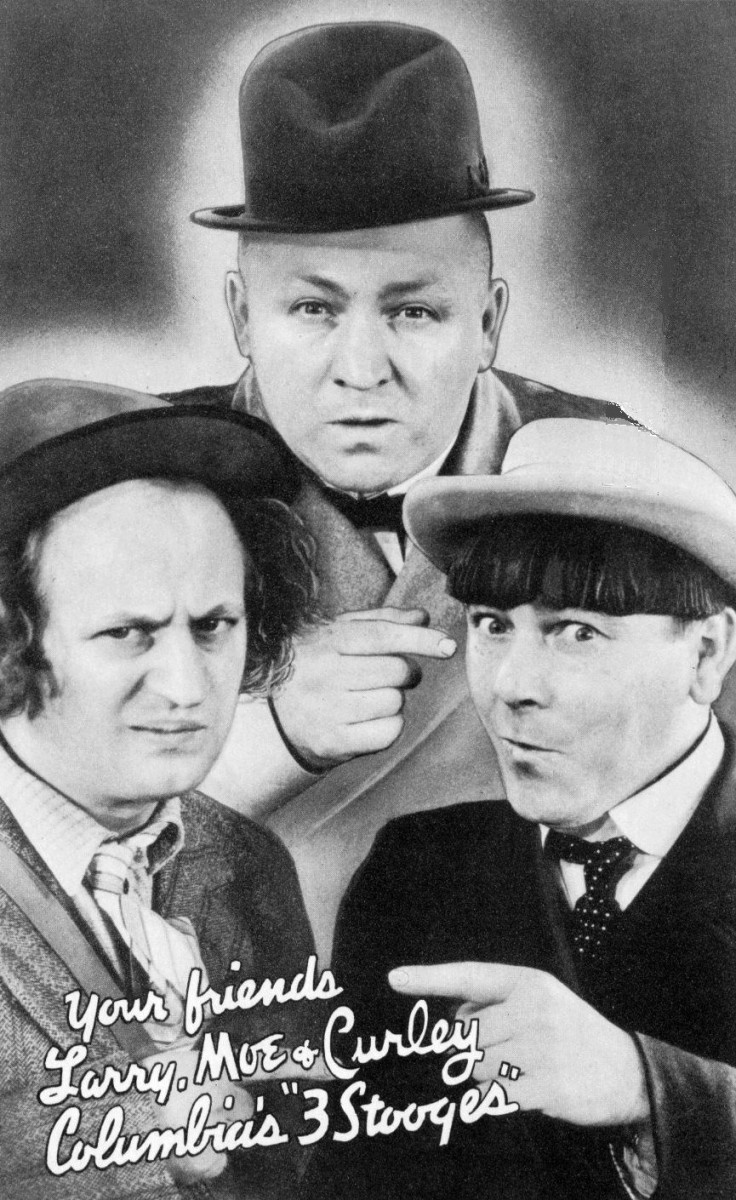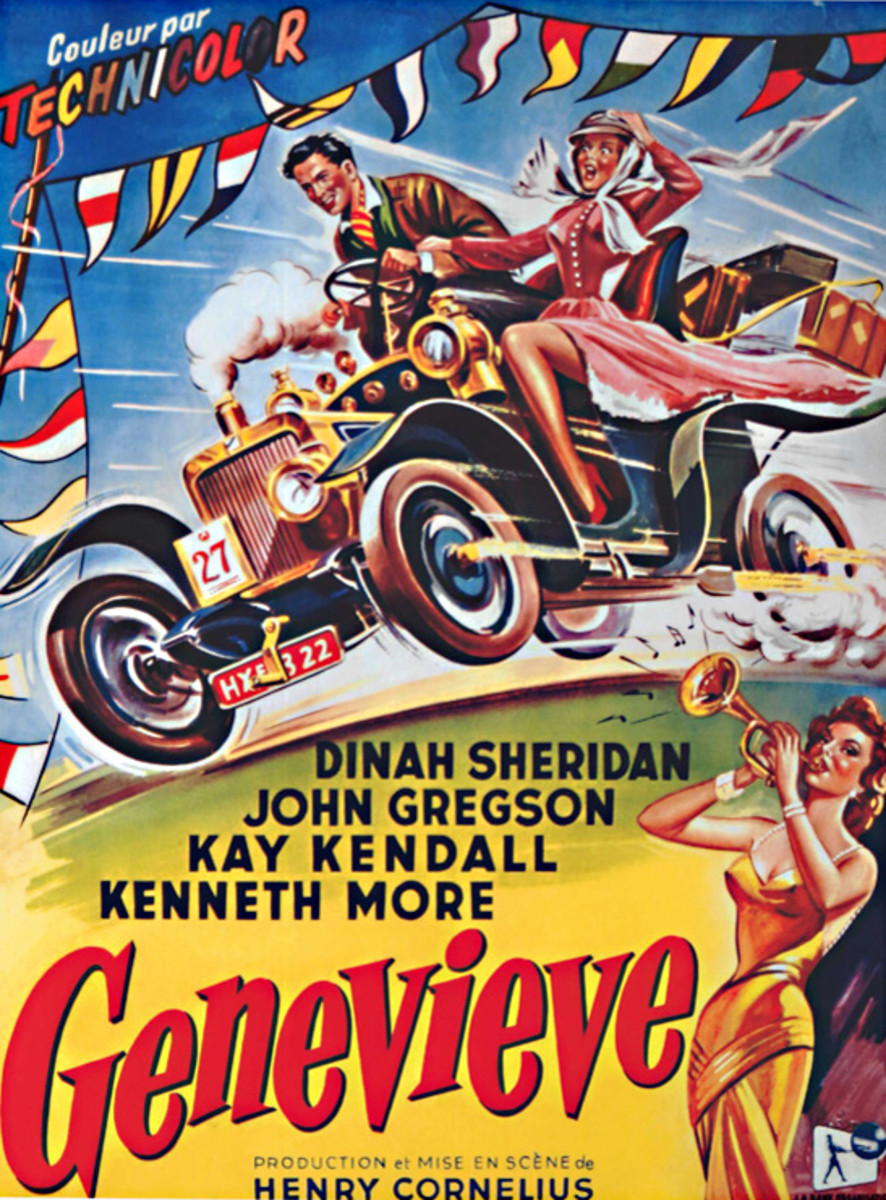The Man Without a Past (2003): A Movie Review

As I said in the summary line, I understand this to be a Finnish film written, produced, and directed by Aki Kaurismaki.
I recently borrowed this movie for free from my local public library. On the top corner of the DVD package, it refers to itself as a new "deadpan comedy" by Aki Kaurismaki. After having seen the film, then, I can report that this is precisely what this movie is, to its enormous credit.
I consider this film to be what I call an authentic comedy. It meets my standard. For me, a movie is an authentic comedy if it involves what I refer to as a central, overarching joke that is manifested by the protagonist(s) through his persistent dysfunction.
In this situation, the main character cannot and must not experience anything so quaint as "character growth," or "redemption," or any other rubbish like that.
Once again, my classic example of this is the 1972 film starring Alan Arkin called Last of the Red Hot Lovers. In that film Mr. Arkin plays a middle-aged restaurateur who wants to have an extramarital affair to spruce up what he views as his humdrum, over-safe life.
He uses his mother's apartment, which she vacates for the entire day, once per week, for whatever reason. He tries and fails to "score" with three women, one after another in succession.
Now, at the end of the movie we see a desperate Alan Arkin, desperate to get "laid," as it were, by... a woman, any woman --- stooping so low as to call his own wife from a phone booth. You see, he is trying to persuade his wife to answer his "booty call" by having a rendezvous with him at his mother's currently vacant apartment.
We see that he is having a great deal of difficulty. He is likely to fail.
Therefore, the central joke is this: After having failed to achieve the desired result with three women, Alan Arkin cannot even get "laid" by his own wife.
Another film, which I consider another classic example of proper cinematic comedy, is Dr. Strangelove or How I Learned to Stop Worrying and Love the Bomb. This film, as well, turns on the persistent dysfunction of, if not a main character, a key and pivotal one.
Let's get this out of the way right now: This is a great film that I will be watching several times again.
I give it a 9 out of 10. The performances, from top to bottom, were all superb. I give full marks for script, cinematography, photography, and anything else you want to cite.
Now, as I said, The Man Without a Past meets my standard for an authentic cinematic comedy.
Question: Who is the protagonist whose "persistent dysfunction" manifests the central joke of the film. And what is the film's central joke?
Answer: I am convinced that the protagonist with the persistent dysfunction is Us, the viewing audience. Our persistent dysfunction is the way we see, or don't see the homeless; and that is the central joke of the film. Make no mistake about it, the joke is most definitely "on" us.
Let me briefly sketch out the plot before I go on to give three examples of this --- just how the joke is on us, the viewing audience, as protagonist, within the formulation I have just alluded to.
The Man Without a Past: The Plot
The film concerns a man, a welder by trade, who arrives in Helsinki looking for work. Unfortunately, the man, for whatever reason, due to whatever circumstances, does not have his arrangements sorted out. Because of this bad luck, he finds himself sleeping on a park bench that night.
Three cartoonishly violent muggers attack him, so violently and with such force that he never even stirs. He is knocked out instantly and hit several times while prone, unconscious, on the ground. Indeed, we later find out that they had meant to kill him and believed that they had done so.
Anyway, the pick through his meager belongings like a trio of vultures. The man survives, eventually waking up in a hospital. However the beating left him with amnesia. He does not know who he is. He does not know his name or anything else about his past.
The welder (from now on I'll call our hero, "the welder") is taken in by a homeless community, that we Americans, in the 1930s, would have called a "Hooverville." They make domiciles for themselves from whatever is available and that they can find.
An important character, conceptually, is the policeman. He is an important character despite the fact that he has little screen time. I will return to this character toward the end of this review.
There is a local Salvation Army office that interacts with this community, dispensing various charitable services to it. If you watch the film, you will see that our hero (and I mean that) takes a specific action that "nativizes" (I have just invented the word "nativize," meaning to take an outsider and make him a part of something; it means to make a stranger belong) that local Salvation Army office. I will come back to this.
I don't want to say too much about what happens in the film, because I don't want to spoil it for you. I'll just end this section by saying that the welder never regains his memory. However, he learns by other means that his former life had lost its sweetness, and that he had been in the process of leaving it behind anyway, before he was attacked in his sleep, in the park.
Three Examples
Now, I have said that this film meets my standard for an "authentic comedy," in that it features an overarching joke that is manifested through the "persistent dysfunction" of the protagonist.
I have also said that, in the case of this film, we, the viewing audience, are the protagonist with the persistent dysfunction in the dismissive way, at best, that we tend to view the homeless. Therefore, the joke is actually on us, the viewing audience.
Number One:
Upon release from the hospital, the welder is initially taking in by a "Hooverville" family: a man, wife, and a couple of young children.
At one point we see the Hooverville husband taking a shower and dressing to impress. He put on a tie and jacket. He then walks over to the welder and says, "Let's go out for dinner."
I thought that they were going out to some restaurant, diner, or something establishment that was in the business of professionally preparing and/or serving food.
They went to the Salvation Army soup line.
I laughed.
But why? Why should I have laughed? What's so funny about that?
It's funny but the joke is on me, as a member of the viewing audience.
Its funny because of our tendency not to ascribe the normal dignities to the homeless. I should have known that these men, being homeless, would not have what we would call the "disposable income" to go out to a restaurant.
But why should this stop them from all normal human interaction? Should they have shown up, for dinner, at the Salvation Army soup line, looking frightful, in torn and dirty t-shirts, with mud on their faces, and smelling of raw sewage, or something?
Does their circumstances drive out the need and desire for common human interplay?
Number Two: The Salvation Army Salvation Singers
Now, as unpleasant as this is to say, one thing that must be squarely admitted to is this: At times, on occasion, charity can contain an element of coercion in it.
This Salvation Army office has its own band which solely plays Christian music, in a dry, uninspired style to boot. When the unfortunate people are eating their soup line suppers, the band sings these Christian message songs.
The homeless people are a captive audience.
They have no other way to get food. They have nowhere else to be or go to. Direct, overt compulsion is unnecessary. But compulsion is present nevertheless.
You see, the destitute poor/homeless do not have their choice of entertainment. The people on that Salvation Army soup line do not have the option of making that "music" stop, or of changing the channel to hear better music, or changing the channel to something else. They have to sit there and take it.
One might even ask if the destitute poor/homeless even have a right to entertainment. There is something more I could say about this, here, but I won't in the interest of brevity. However, it has to do with something I once saw on Foxx News. I'll tell you about it in the comments, if you like.
I just want you to think about this: The phrase "beggars can't be choosers," is a sentiment of insidious cruelty, when you think about it.
Basically, what our hero, the welder, does is to get the band to play in a more contemporary, pop-inspired, indeed, danceable style. By doing this, he accomplishes three things:
- Answers the question (Do the poor deserve entertainment?) with a YES. And it should be as enjoyable and competent as possible.
- He drains most of the coercive element out the Christian musical indoctrination, by giving the Salvation Army's clients something relatively pleasant to listen to.
- He even creates a more enjoyable experience for the Salvation Army band themselves; and in this way, he "nativizes" them, making them more a part of the Hooverville community.
Now, his procedure tends to strike us as "funny" because we do not tend to think of homeless people as deserving entertainment. It's almost as if we don't think that homeless people have the same kind of souls as people fortunate enough to have homes.
Number Three: The Policeman
Spoiler Alert!
There is a figure who appears to be a corrupt policeman, within whose jurisdictional "beat" the Hooverville resides.
He is a figure of deadpan humor because we do not tend to credit the homeless as people with normal human intelligence, like ourselves, who would do what other reasonably intelligent people would do, if they had to create a society from scratch.
You see, he is and is not a policeman. He is and is not corrupt. He appears to take payoffs, or bribes, from people to set up illegal residency within the Hooverville community.
An important reveal at the end is that he is not a policeman in the official, municipal sense. He is, in fact, a homeless resident of the Hooverville. He is a policeman, in the sense that he has taken it upon himself (with the agreement, encouragement, or acquiescence of the community as a whole) the role of providing the security and law and order that any society needs.
Question: Is he corrupt?
Answer: Not necessarily.
On the surface, he does appear to take payoffs, as I said. However, since the film establishes that he is, indeed, a homeless resident of the Hooverville, the "payoffs" could simply be the way he collects the welfare benefits he is due.
In other words, I came away from the film with the impression that he did not go directly to the soup line for his meals; and that he did not go directly to the benefits office for his monetary allotments. Instead, it seemed to me like he took part in a redistribution of benefits of the community, as a "tax," to pay his "salary" as the community's law enforcement and security service.
Does that make sense?
In still other words, why should he not be afforded the same civic dignity of "real" civil service officers, whose salaries are paid for by our "tax dollars"?
Thank you for reading!








